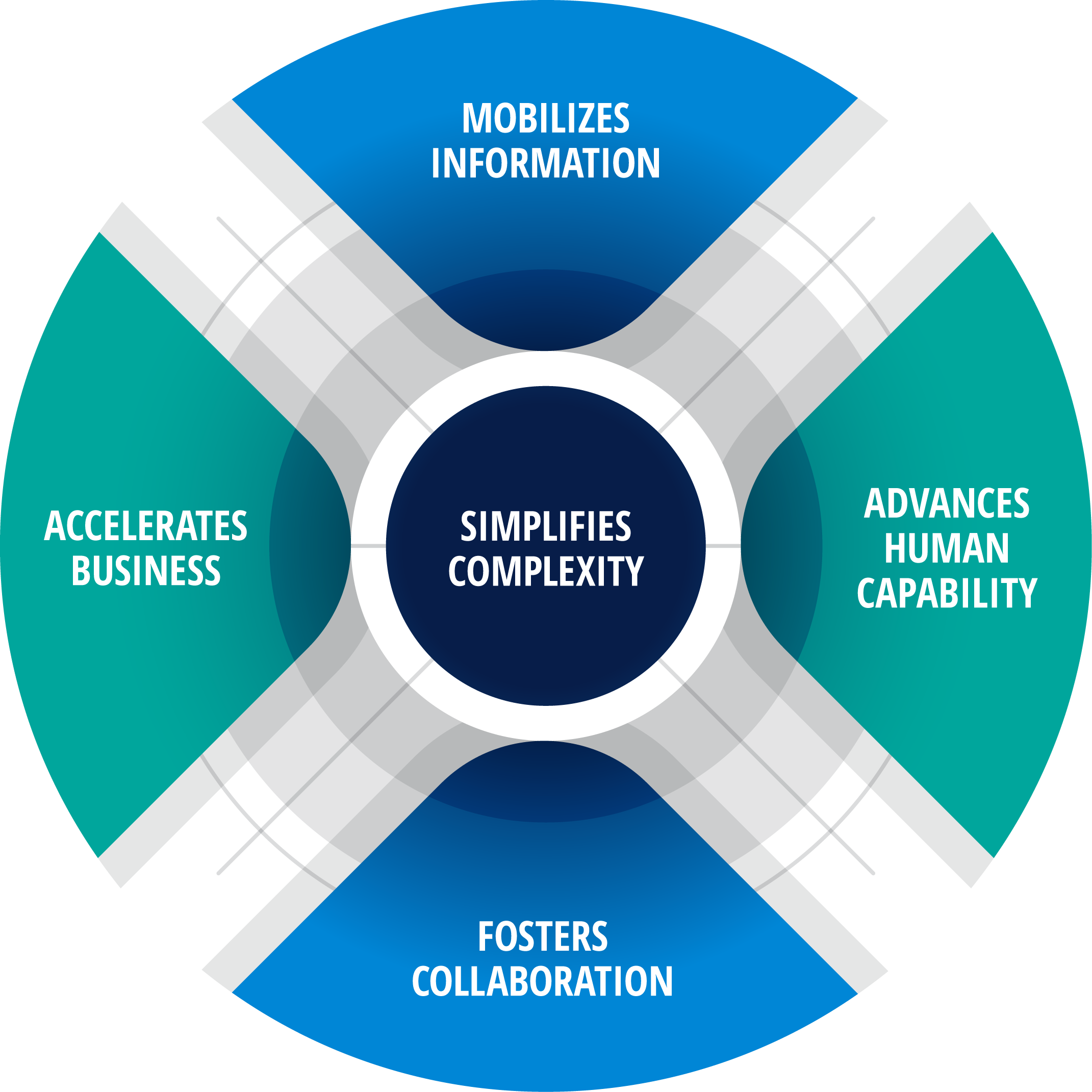New HRCS 8 Competency Model Focuses on Simplifying Complexity
Key Takeaways:
- HRCS Round 8 focused in greater detail on understanding the competencies that are critical for strategic business partnering that impacts business results and on the organization capabilities HR helps deliver.
- Five domains were identified in round eight of the research: Simplifies Complexity, Mobilizes Information, Fosters Collaboration, Advances Human Capability, Accelerates Business.
- HR professionals champion diversity, equity, and inclusion.

New HRCS 8 Competency Model Focuses on Simplifying Complexity

Related Insights
For over 34 years the HRCS has empirically defined the competencies of HR professionals and how these competencies impact personal effectiveness and business performance. The HRCS 8 study—hosted by The RBL Group, Ross School of Business at the University of Michigan, and 19 regional partners across the globe— surveyed over 27,000 participants rating the competencies and performance of more than 3,500 HR professionals and more than 1,500 organizations. The results simultaneously build upon insights from prior rounds and generate new insights for HR competencies. Below is the new HR competency model.

Accelerates Business
This domain captures the extent to which HR professionals are able to accelerate business results. To add value, HR professionals must generate competitive market insights, have personal capital, have the skills to influence the business, and get the most important things done. Additionally, they must help drive agility throughout the organization.
-
Generates Competitive Insights
-
Influences the Business
-
Gets the Right Things Done
-
Drives Agility
Advances Human Capability
This domain captures the extent to which HR professionals can successfully advance human capability in the organization. It includes a focus on working with line leaders to elevate and develop talent and delivering HR solutions that improve both individual talent (human) and organization performance (capability). It also includes a specific focus on championing diversity, equity, and inclusion in the workplace to improve overall organizational performance.
-
Elevates Talent
-
Delivers HR Solutions
-
Champions Diversity, Equity, and Inclusion
Simplifies Complexity
This domain captures the extent to which HR professionals can think critically and objectively about the challenges their organization faces. It reflects the ability to separate signal from noise, think independently, and discover opportunity even during times of uncertainty or crisis.
-
Thinks Critically
-
Harnesses Uncertainty
Mobilizes Information
This domain captures the extent to which HR professionals are able to access, analyze, and act on information by using technology to solve problems and influence decisions. It reflects a comfort with data-based decision-making, curiosity about advancing digital technologies, and understanding of social issues that will impact the organization.
-
Leverages Information and Technology
-
Guides Social Agenda
Fosters Collaboration
This domain captures the extent to which HR professionals successfully foster collaboration of working together. It includes consideration of how open and self-aware they are, how effectively they inspire trust and respect, and how effectively they build relationships that bring people together.
-
Manages Self
-
Builds Relationships
We are excited to work together to improve the effectiveness of HR professionals across industries and across around the world. If you have questions about what HR professionals should be, know, and do to be effective, or how HR practices can be designed to deliver value, contact us or learn more here.

